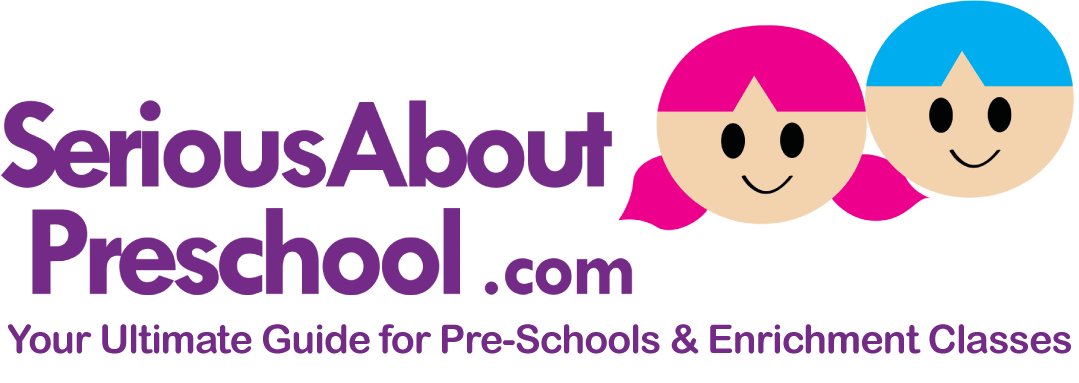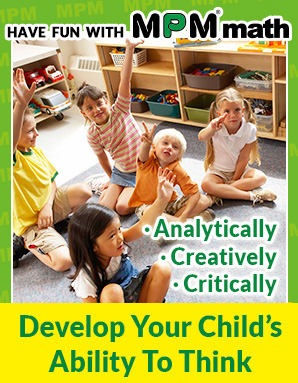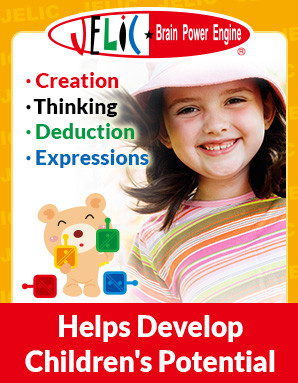Question:
What is STEAM Education and is it appropriate for preschool?Asked By : Sam
Words from the Expert:
Question:
I understand STEAM stands for Science, Technology, Engineering, Arts and Mathematics and I am seeing that some preschools and enrichment centres are starting to offer it. However what exactly does STEAM Education involves and Is it appropriate for preschools?
Answer:
An inter-disciplinary, inquiry-based and applied approach of teaching
STEAM Education is an inter-disciplinary, inquiry-based and applied approach of teaching, involving 5 specific disciplines, namely Science, Technology, Engineering, Arts and Mathematics. Instead of the conventional approach to teaching these disciplines separately, STEAM learning experiences integrate these disciplines and focus on real-world applications through inquiry.
STEAM education fully supports the integrated and holistic development of young children. It essentially connects the different learning areas and encourages children to be engaged in meaningful hands-on activities, which they can connect to the real world. When children are involved in learning that pertains to the world that they live in, they are better able to exercise that natural innate curiosity and pique their creative interests. It is, therefore, appropriate for STEAM education to take its place in Early Childhood Education.
Preparing for the Future
Many jobs of today did not exist some 5 years ago so no one knows what specific skills would be needed for future jobs that do not exist in this day and age. We need to envisage the future world that our children of today will live and work in. Children need to be prepared for the future by being equipped with uniquely human skills that are not easily replaceable by robots and machines, such as the ability to innovate, problem-solve and think creatively and critically.
As young children learn by doing, STEAM gives them the opportunity to hone these skills as they engage in activities that allow them to predict, hypothesize, experiment, test, analyze, reflect, consolidate and represent their learning. The children of today are digital natives, having been born in a world where technology exists in their daily lives. Rather than restrict its usage, it is essential that they be empowered with the necessary skills to access technology as a tool to succeed in this progressive world. Technology aside, STEAM also gives children opportunities to work with others and this exposure to other people’s views, ideas, opinions and perspectives broadens their individual understandings as they learn essential collaborative skills necessary in the working world.
Most importantly, STEAM can spark the desire and motivation to learn, and satisfy that hunger for knowledge as they make connections of the world around them to prepare for their future.
The Expert:
Ms Cheryl Francisco
Curriculum Development Manager



















